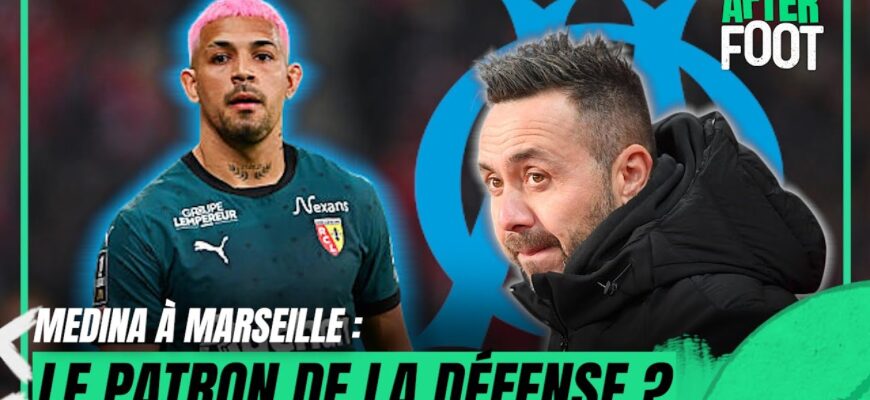The summer transfer window is a period of renewed hope and anticipation for football clubs, and for Olympique de Marseille, the arrival of Facundo Medina from RC Lens was met with considerable enthusiasm. Heralded as a robust and promising center-back, Medina`s loan move, with an option to buy, was seen as a shrewd piece of business, poised to bolster OM`s defensive ranks. Yet, the script for his grand introduction to the Velodrome faithful has, rather abruptly, been rewritten by an unwelcome plot twist: an ankle injury.
Medina, a 26-year-old Argentine, was already slated to miss the opening Ligue 1 fixture against Stade Rennais due to a prior suspension. This absence was merely a temporary inconvenience, a brief prelude before his much-anticipated involvement in the subsequent home game against Paris FC. The stage was seemingly set for his debut. However, fate, or perhaps just the unpredictability of professional sport, intervened. Reports indicate that Medina sustained an ankle injury during a training session yesterday. The sight of him leaving the training center on crutches, headed for examination, was hardly the picture of a player on the cusp of his new beginning.
This unfortunate setback immediately cascades into a series of challenges. For Medina himself, beyond the physical discomfort and the delayed club debut, there`s the looming shadow over his international prospects. Pre-selected for Argentina`s squad ahead of the September international break, his participation now hangs in a precarious balance. For a player looking to solidify his place both at a new club and on the national stage, this timing is, to put it mildly, less than ideal.
From the managerial dugout, Roberto De Zerbi now faces an early, unforeseen tactical puzzle. The Italian coach, known for his dynamic and adaptable systems, had already deployed midfielder Geoffrey Kondogbia in a makeshift defensive role during the Rennais match, slotting him into a back three. While Kondogbia`s versatility is commendable, the necessity of routinely pressing a midfielder into a central defensive role highlights a depth issue, now exacerbated by Medina`s absence. De Zerbi`s carefully constructed defensive plans, no doubt factoring Medina`s qualities, will require immediate re-evaluation. It`s a testament to the unpredictable nature of football management – one moment you`re strategizing with your full complement, the next you`re improvising.
The road to recovery for ankle injuries can vary, but the immediate impact is a frustrating halt to a player`s momentum. For Medina, it means a period of rehabilitation rather than integration, observation rather than participation. Marseille will undoubtedly provide the best medical care, but the process of building match fitness and understanding team dynamics is inherently disrupted.
While this isn`t the fairy-tale start everyone envisioned, it`s a stark reminder of the physical demands of top-tier football. Facundo Medina`s journey at Olympique de Marseille has begun, albeit not with the flourish of a debut, but with the quiet determination of recovery. The Velodrome awaits his full return, hopeful that this early misstep will ultimately be a minor footnote in what promises to be a significant career in the south of France. For now, De Zerbi will continue to navigate his defensive options, perhaps with a wry smile, knowing that the “easy” part of squad management never truly materializes.








